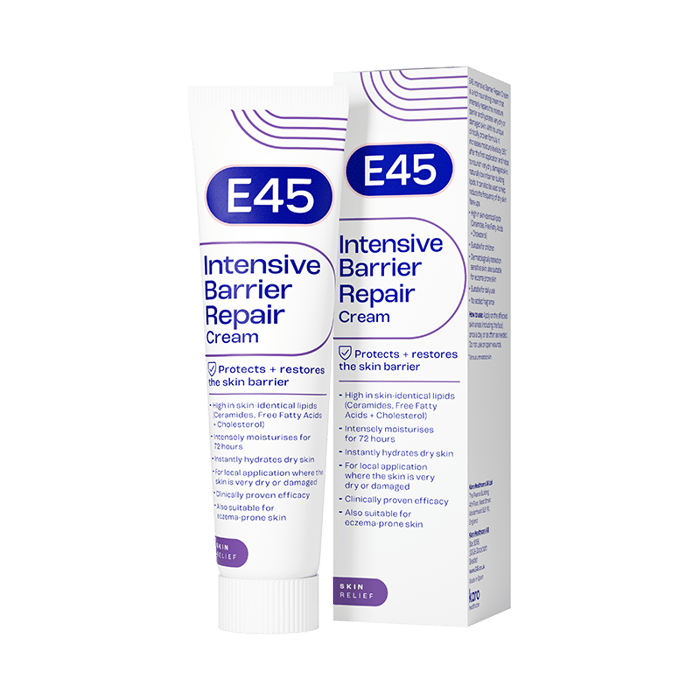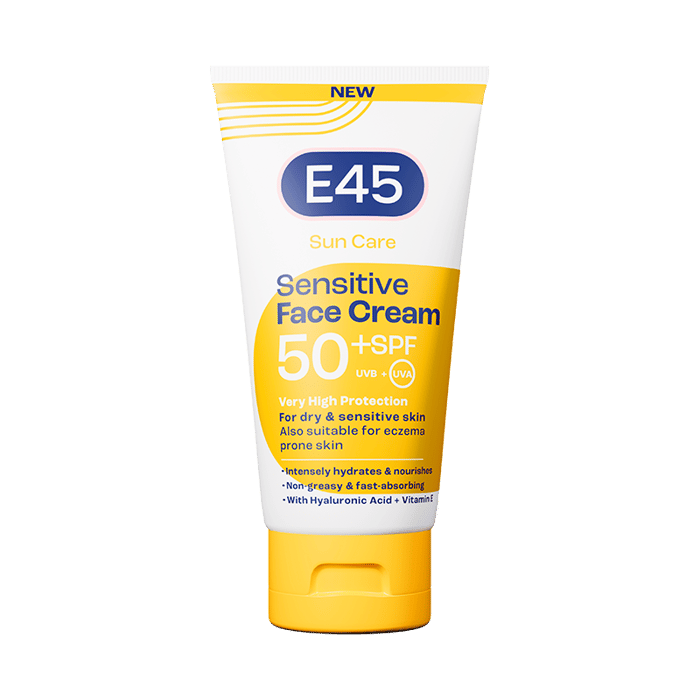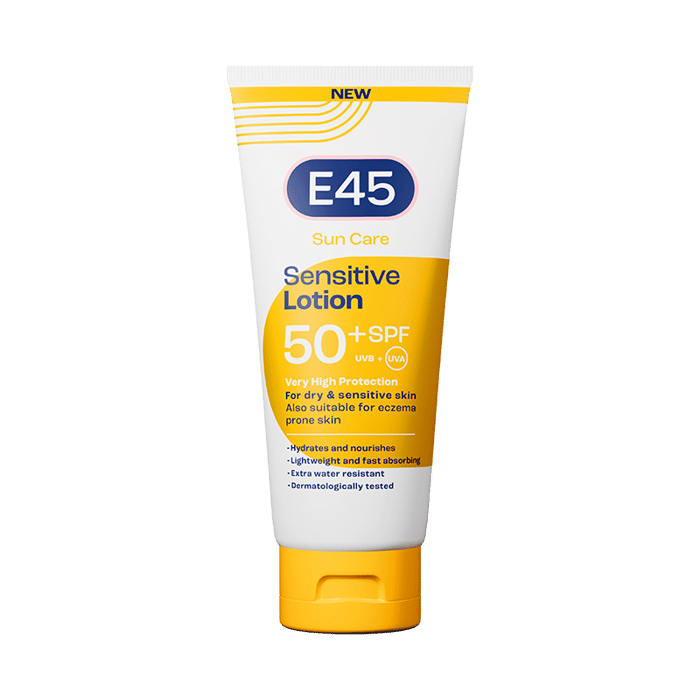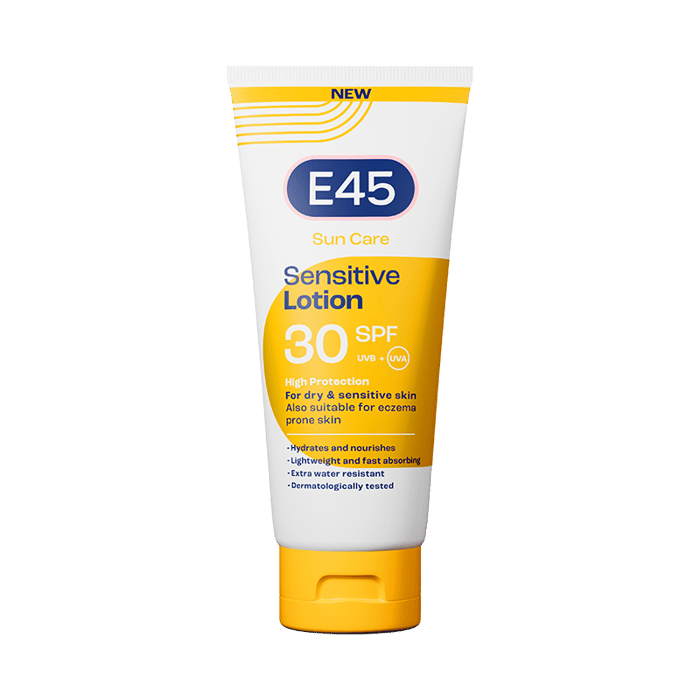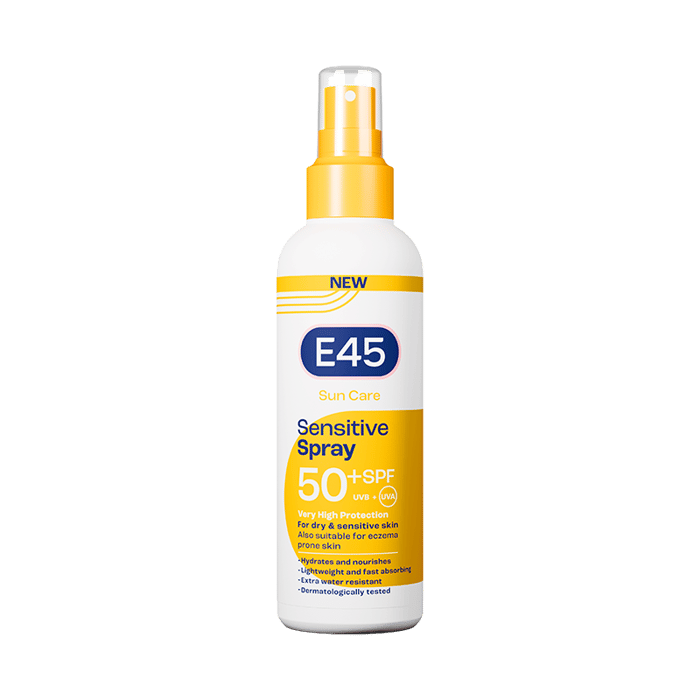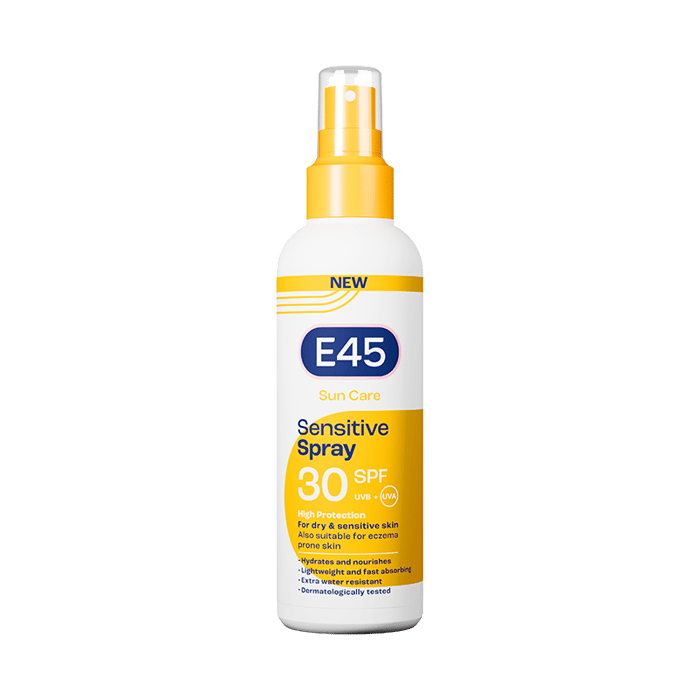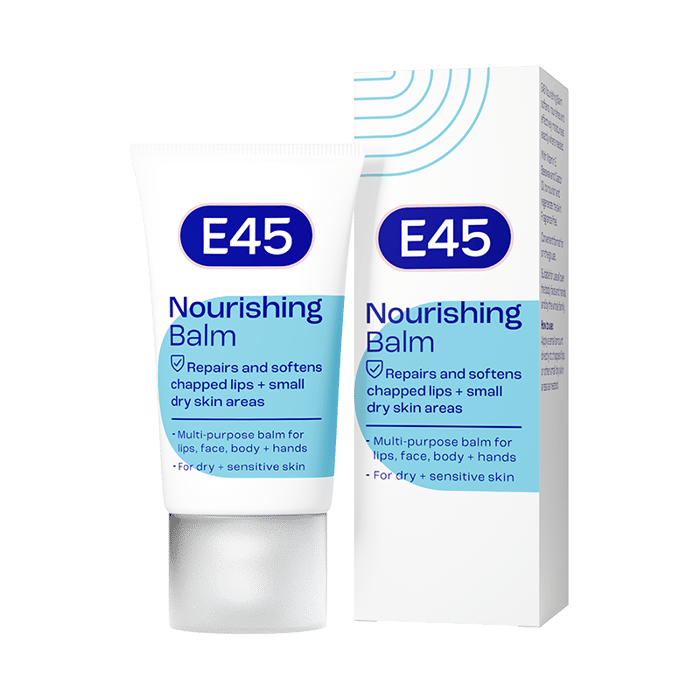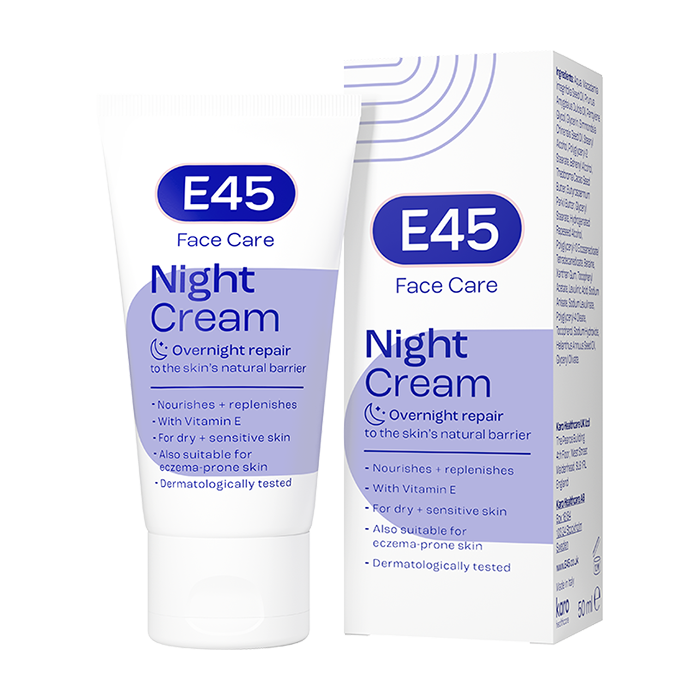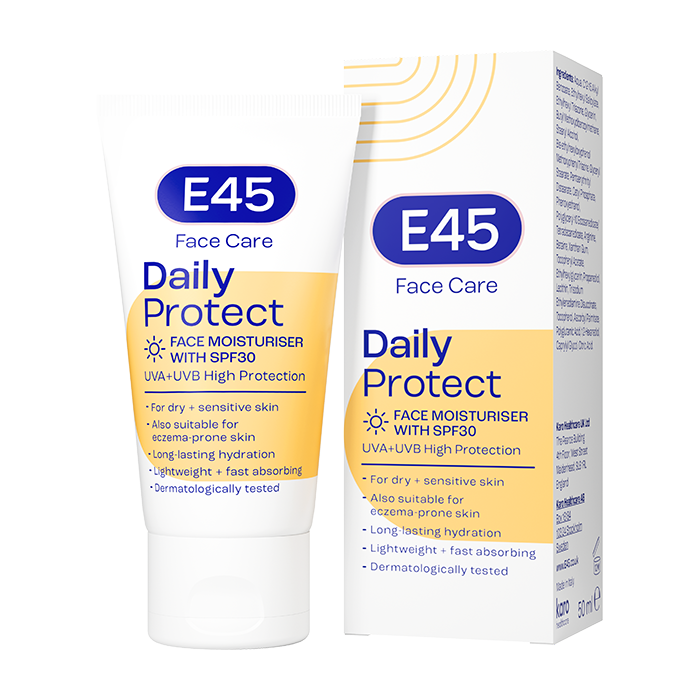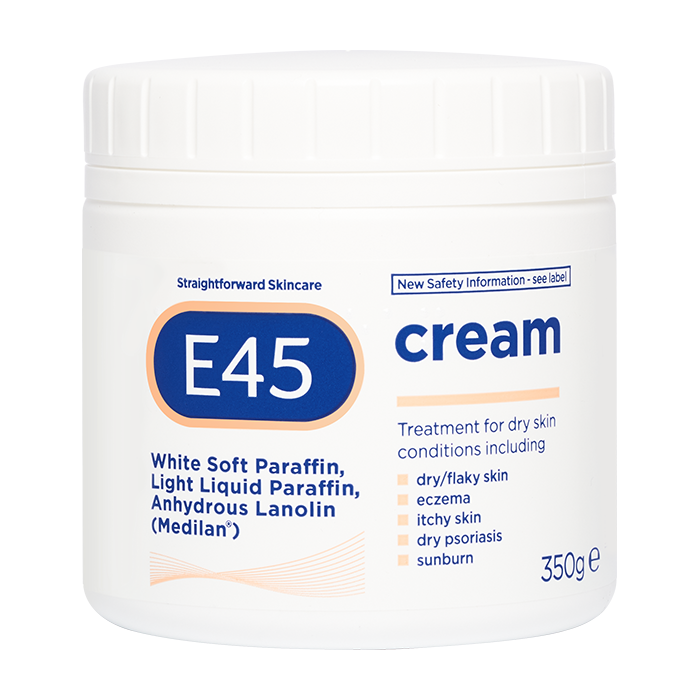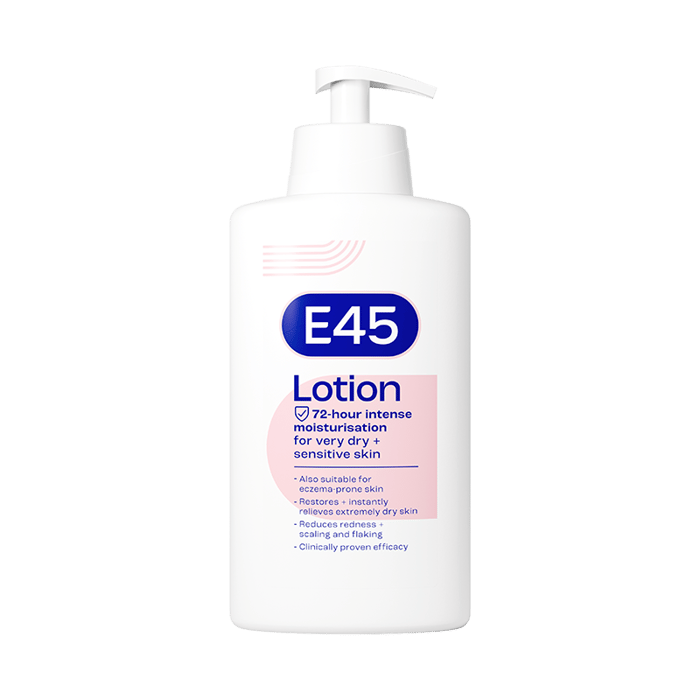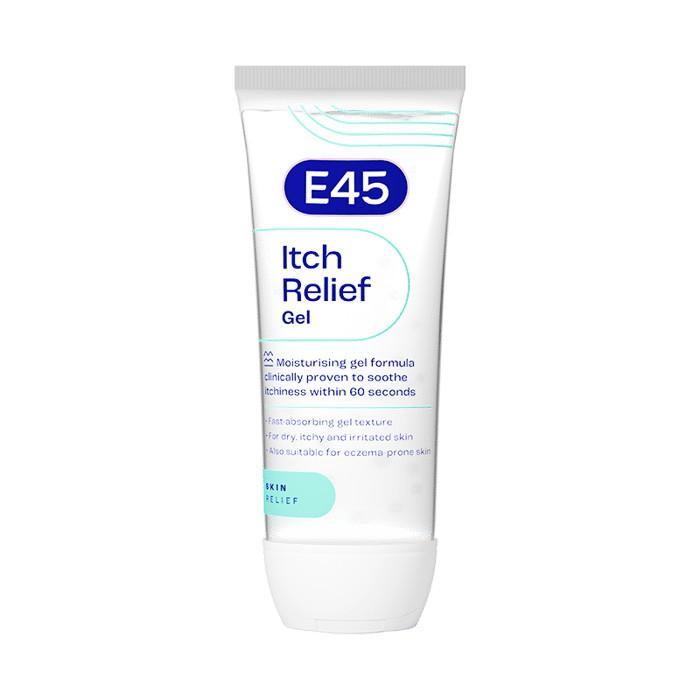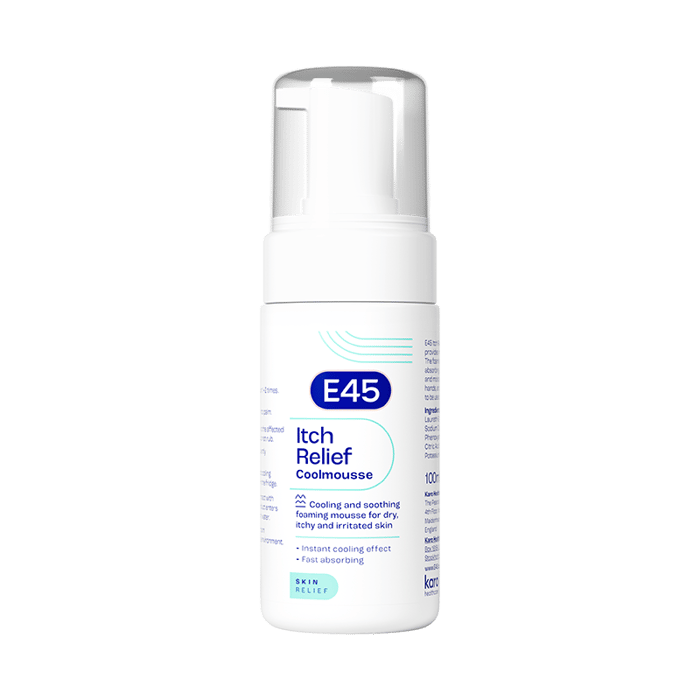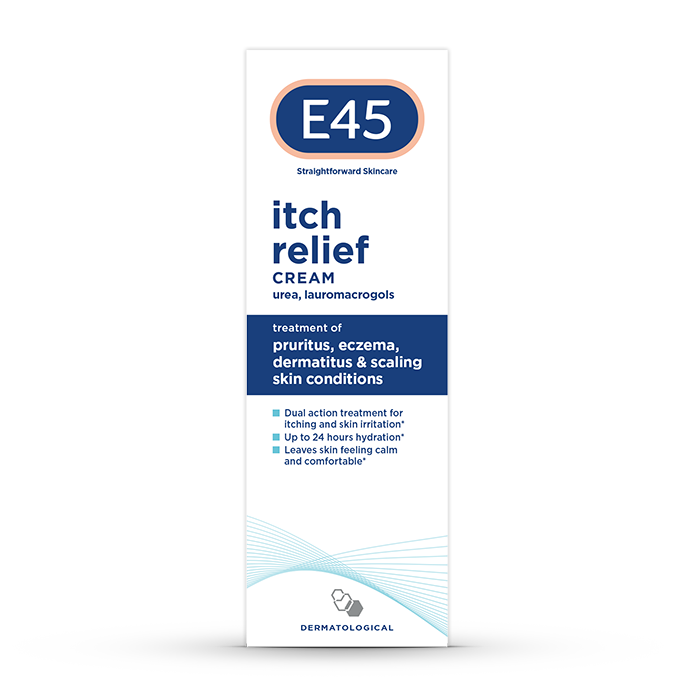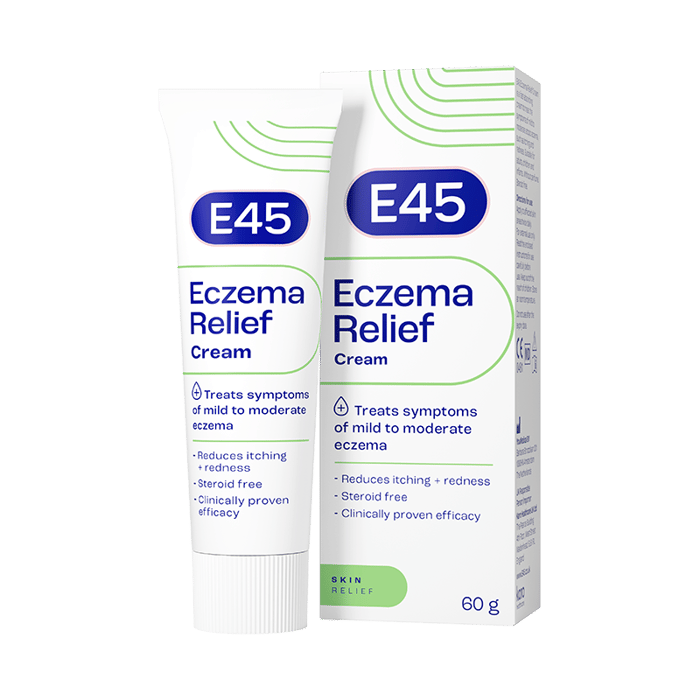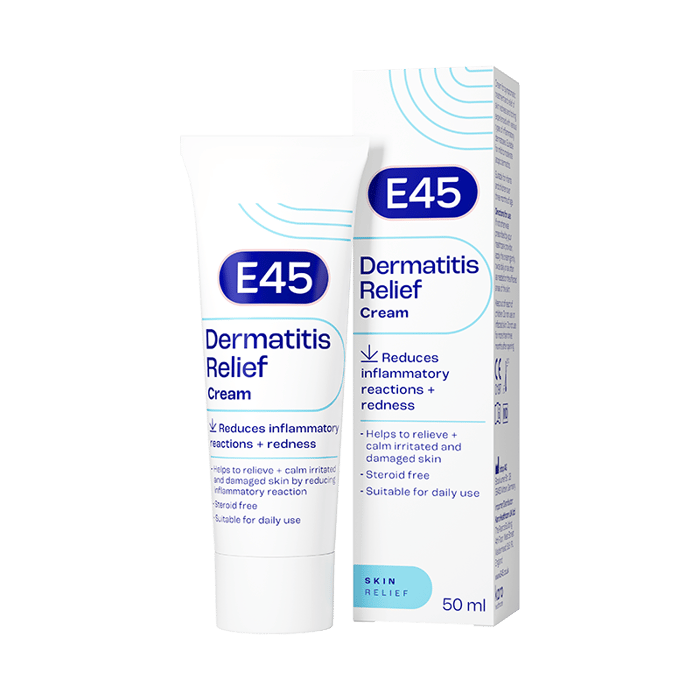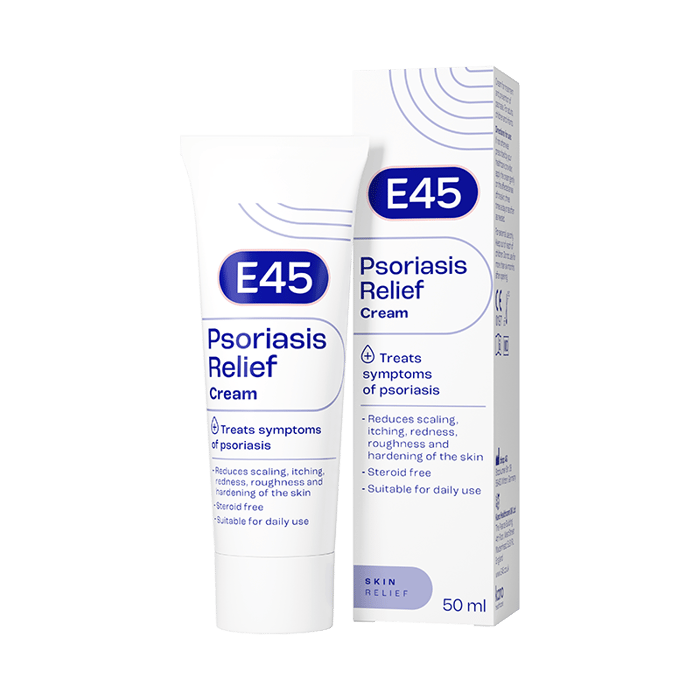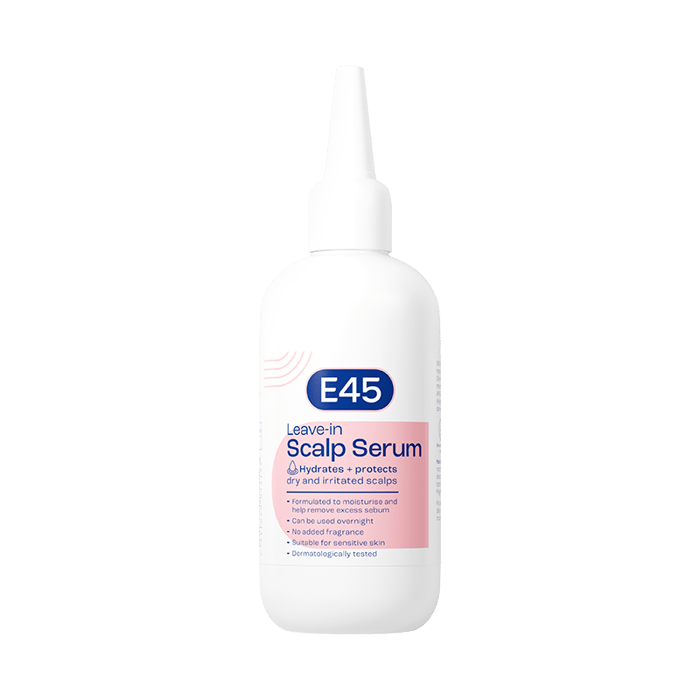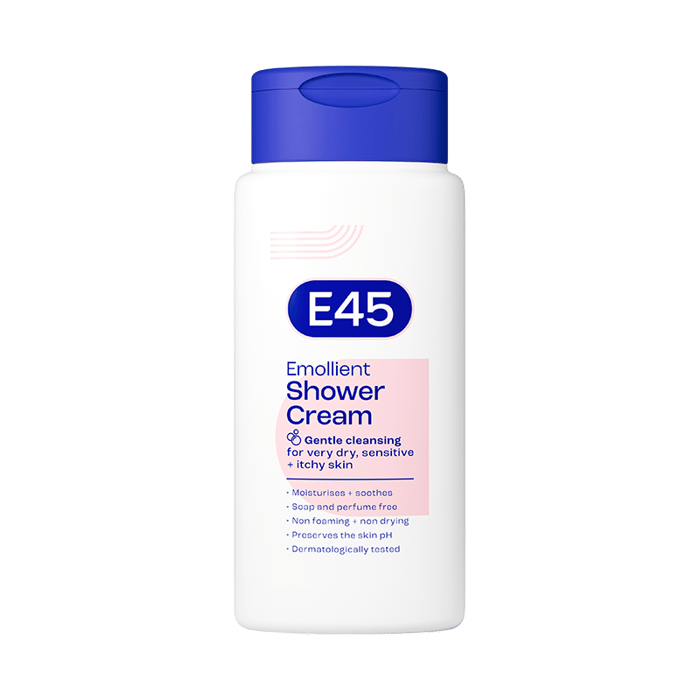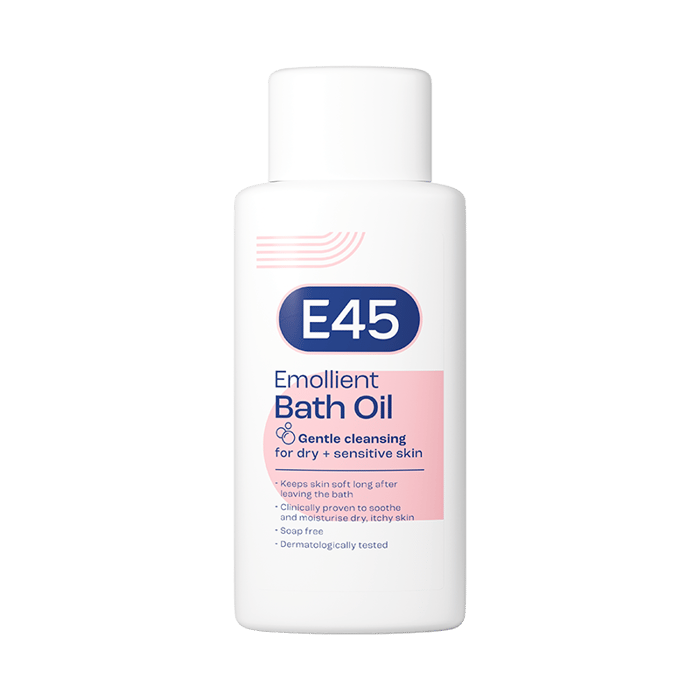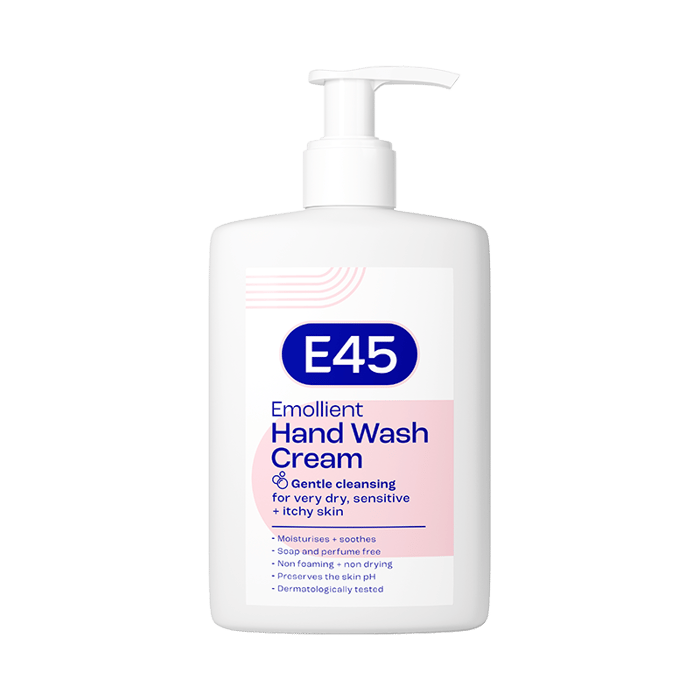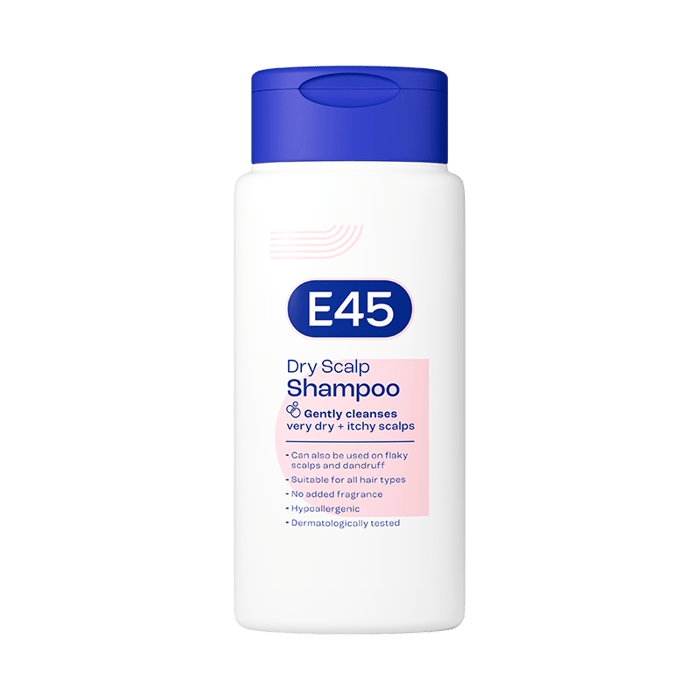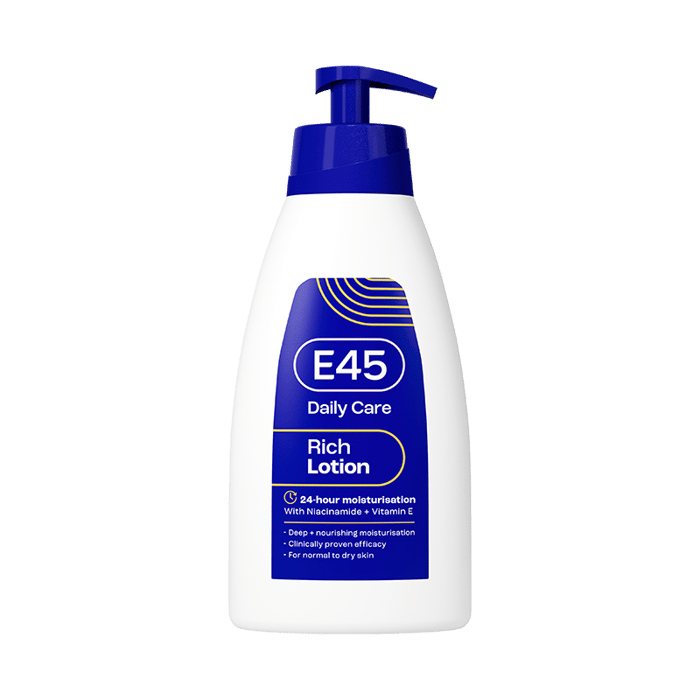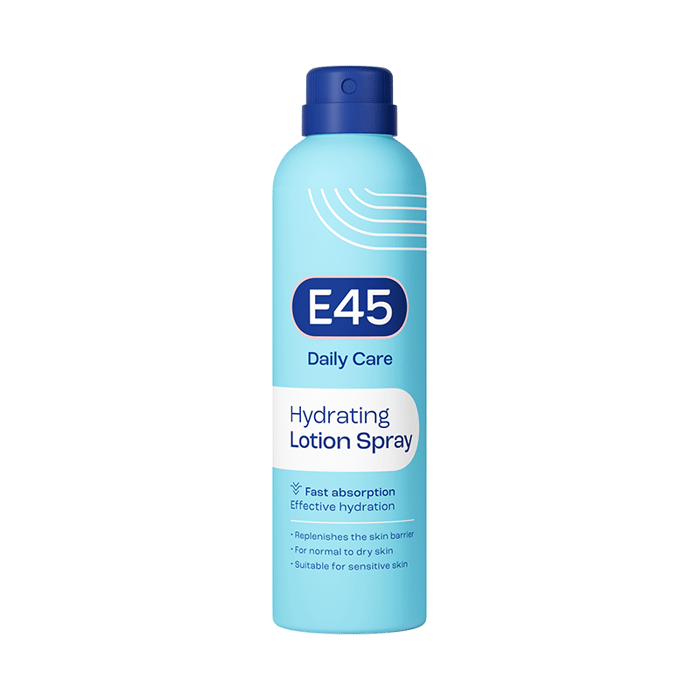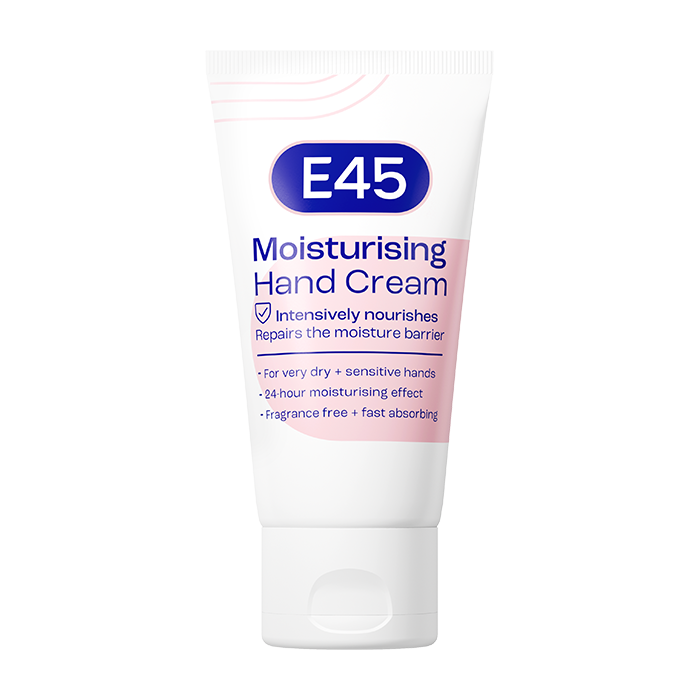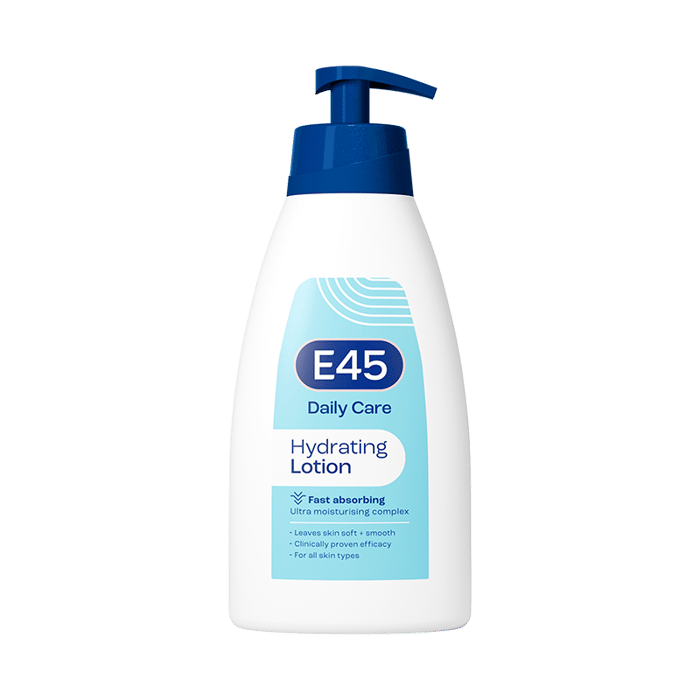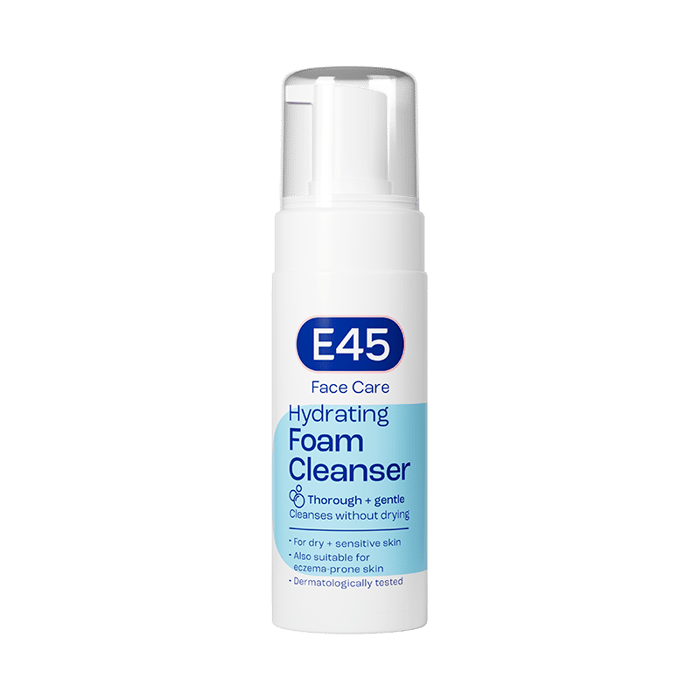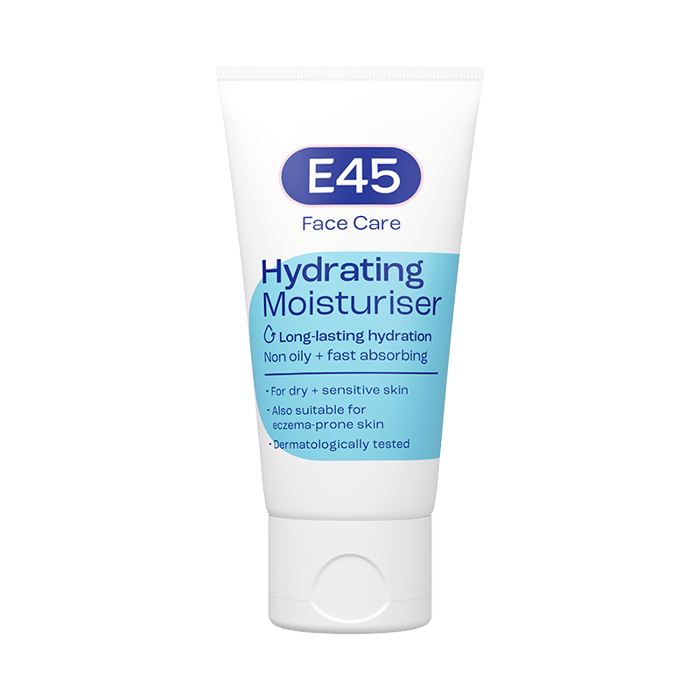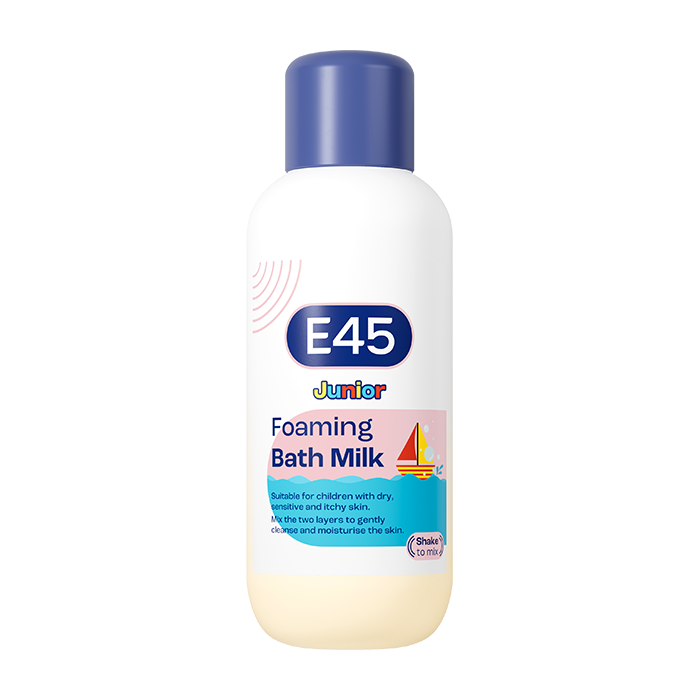Caring for dry hands: Causes, remedies and prevention
Many of us notice dry hands from time to time and wonder, “Why are my hands so dry?”. The main reasons include frequent washing, exposure to soaps and cleaning products, cold or dry weather, and underlying skin conditions like eczema. These factors strip away the skin’s natural oils, making it harder for skin to stay hydrated.
This guide looks more closely at the causes of dry hands, common symptoms, everyday remedies, and how to protect your skin so that dryness is less likely to return.
Signs and symptoms of dry hands
Dry skin on your hands can appear in different ways. You may notice:
- Roughness or tightness.
- Flaking or peeling patches.
- Soreness or itching.
- Dry, cracked hands that can split and bleed.
Some people feel the dry palms of the hands more than the backs, as the thicker skin here can lose moisture differently. Others may experience sudden dry skin on the hands due to changes in weather, increased washing, or trying a new product.
What causes dry hands?
Common causes of dry hands include:
Everyday and environmental triggers
- Frequent washing or “wet work”, such as cleaning, food preparation or healthcare tasks.
- Exposure to soaps, detergents and strong cleaning products.
- Cold, windy weather and central heating, which can strip away natural oils.
- Wearing gloves for long periods, especially if moisture or sweat becomes trapped inside.
Skin-related factors
Some people are more likely to experience really dry hands because of underlying skin conditions. Hand eczema, contact dermatitis or an allergic reaction to substances such as nickel or fragrance can all contribute (Source). A weakened skin barrier can also make it harder to keep moisture in, leading to extremely dry hands.
Recognising the severity
- Mild dryness: rough patches, mild flaking or tightness.
- Severe dryness: deep cracks, pain or bleeding.
- Chronic dryness: flare-ups that come and go, often worse in colder months.
If your dry, cracked hands do not improve with good care, or if you spot signs of infection such as spreading redness, it’s sensible to seek advice. Our guide to cracked skin explains more.
How to fix dry hands at home
If you are looking for home remedies for severely dry, cracked hands, there are many gentle steps that can help restore comfort.
Be gentle with handwashing
- Use lukewarm water instead of very hot.
- Try a soap substitute or mild cleanser such as E45 Emollient Hand Wash Cream.
- Pat dry rather than rubbing, especially between the fingers.
Moisturise often
- Apply cream after every wash to lock in moisture. E45 Moisturising Hand Cream and E45 Cream are designed to replenish and protect skin, making them useful for daily care.
- Use lighter creams during the day and richer ointments overnight.
- Cotton gloves can help creams absorb more effectively when worn overnight.
- Some ingredients, such as glycerin, are particularly effective. Glycerin draws water into the skin, helping relieve really dry hands and support the skin barrier.
Supportive home remedies
- Natural oils such as coconut or almond oil to soften dry areas.
- Oatmeal or honey for soothing comfort.
- Aloe vera gel for cooling and hydrating.
- A humidifier to add moisture to dry indoor air.
Protecting your hands day-to-day
- Wear protective gloves for washing dishes, gardening or cleaning.
- Use cotton liners inside rubber gloves to reduce sweat build-up.
- Avoid direct contact with harsh chemicals.
- Remove rings before washing to avoid soap or water being trapped.
These protective steps are also recommended by dermatology experts (Source).
How to stop dry hands from coming back
If you’re wondering how to stop your hands from getting dry, the answer often lies in small daily habits:
- Keep a moisturiser close by and reapply regularly.
- Use a barrier cream before wet or messy tasks.
- Adjust care seasonally – your hands may need extra help in winter.
- Choose milder products for cleaning and skincare where possible.
These habits can go a long way in preventing flare-ups of extremely dry hands.
When to seek help
Sometimes home care isn’t enough. Speak with a healthcare professional if you notice:
- Cracks or splits that do not heal.
- Signs of infection, such as spreading redness or pain.
- Dry, cracked hands that interfere with daily life.
A professional can check for conditions such as eczema or dermatitis and discuss further options.
Conclusion
Dry hands are common, but they don’t have to be a constant problem. By washing gently, moisturising often, protecting your skin during tasks, and choosing supportive products, you can usually ease dryness and keep your hands feeling comfortable.
FAQs about dry hands
Why are my hands so dry even when I moisturise?
Sometimes moisturiser alone isn’t enough if you are still washing with harsh soaps, overexposing hands to water, or not reapplying often. Choosing a gentle cleanser and applying emollient after every wash can help.
How can I fix really dry, cracked hands quickly?
For really dry hands, apply a rich emollient or ointment frequently, especially overnight under cotton gloves. Protect your skin during daily tasks and avoid irritants. If cracks are painful or slow to heal, seek professional advice.
What home remedies help dry hands?
Natural oils, oatmeal soaks, honey, and aloe vera gel may provide soothing relief. Pairing these with a good moisturising routine can improve dry skin on the hands.
Can eczema cause dry skin on hands?
Yes. Hand eczema or dermatitis often causes persistent dryness, itching and cracks. If you suspect eczema, speak with a healthcare professional.
Sources
www.bad.org.uk/pils/how-to-care-for-your-hands
www.newcastle-hospitals.nhs.uk/services/dermatology/patient-dermatology-information-leaflets/hand-care-advice
www.southtees.nhs.uk/resources/hand-dermatitis
www.nhs.uk/conditions/contact-dermatitis
eczema.org/information-and-advice/types-of-eczema/hand-eczema

